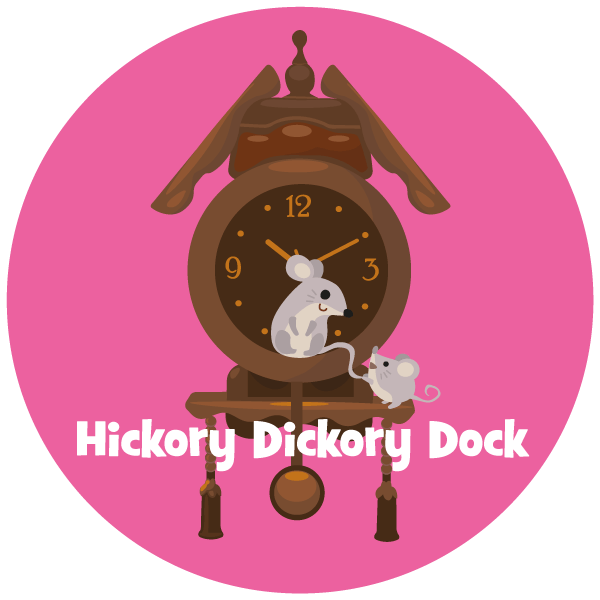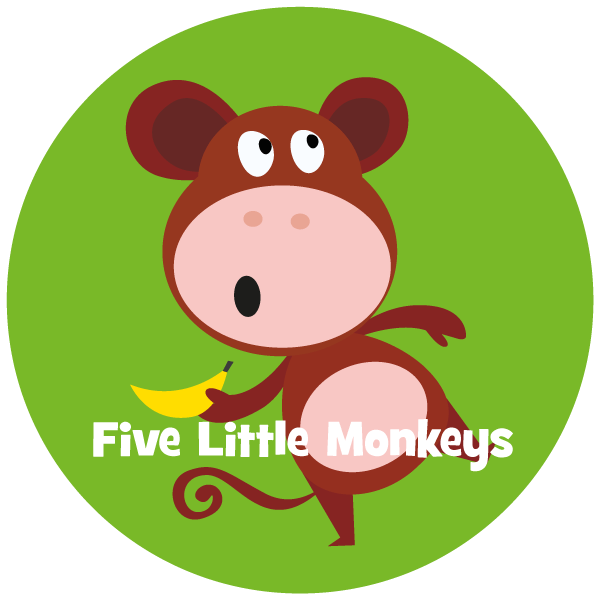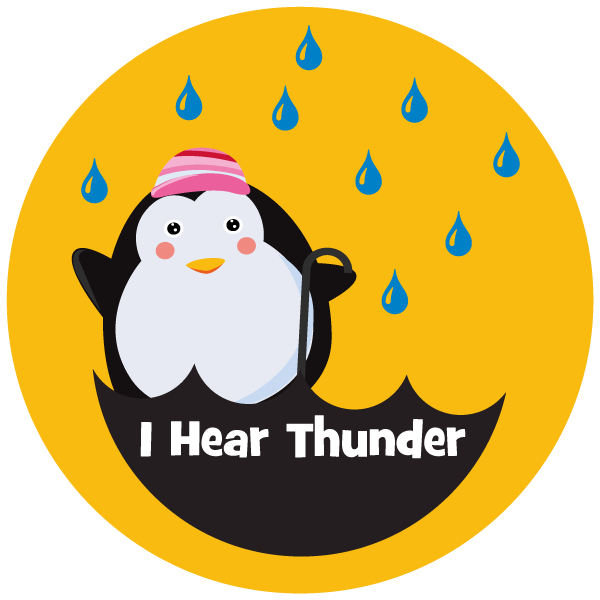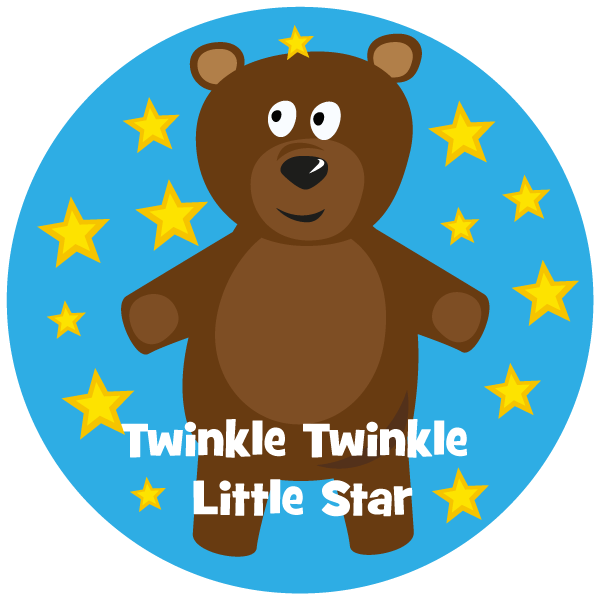Singing and listening to nursery rhymes are both really important to help your child’s development. Nursery rhymes were invented to help people remember chunks of language and that’s exactly what your child is doing when you sing rhymes to them! Even the youngest of babies are tuning into the rhythm, pattern and beat in your voice, hooking onto the words you say and storing them up. They are also developing a whole host of other skills, having fun and, of course, developing a bond with you.
Experts in literacy and child development have discovered that if a child knows eight nursery rhymes by heart by the time they are four years old, they are usually among the best readers and spellers in their class by the time they are in Year three.
You don’t have to know all the traditional rhymes, you can make up rhymes to everyday routines, changing nappies, walking to school, brushing teeth etc. Adding in actions while you sing works really well as the actions are visual and physical which help give your little one another way of remembering new words and sounds.
Click on the 5 rhymes below to listen to them and sing along with your child!
Hickory Dickory Dock

‘Hickory dickory dock
the mouse ran up the clock,
the clock struck one
the mouse ran down
hickory dickory dock’
Row Row Row Your Boat

Row, row, row your boat,
gently down the stream,
merrily, merrily, merrily, merrily,
life is but a dream.
Row, row, row your boat,
gently down the stream,
if you see a crocodile,
don’t forget to scream.
Row, row, row your boat,
gently to the shore,
if you see a lion,
don’t forget to roar!
Five Little Monkeys

Five little monkeys jumping on the bed,
One fell off and bumped his head,
Mummy phoned the doctor,
And the doctor said,
“No more monkeys jumping on the bed!”
Four little monkeys jumping on the bed…
Three little monkeys jumping on the bed…
Two little monkeys jumping on the bed…
One little monkey jumping on the bed…
No little monkeys jumping on the bed,
None fell off and bumped his head,
Mummy phoned the doctor,
And the doctor said,
“Get those monkeys back in the bed!”
I Hear Thunder

I hear thunder, I hear thunder,
Hark don’t you? Hark don’t you?
Pitter, patter raindrops,
Pitter, patter raindrops,
I’m wet through, so are you.
I see blue skies, I see blue skies,
Way up high, way up high,
Hurry up the sunshine, hurry up the sunshine,
We’ll dry soon, we’ll dry soon.
Twinkle Twinkle Little Star

Twinkle, twinkle little star,
How I wonder what you are,
Up above the world so high,
Like a diamond in the sky,
Twinkle, twinkle little star,
How I wonder what you are.